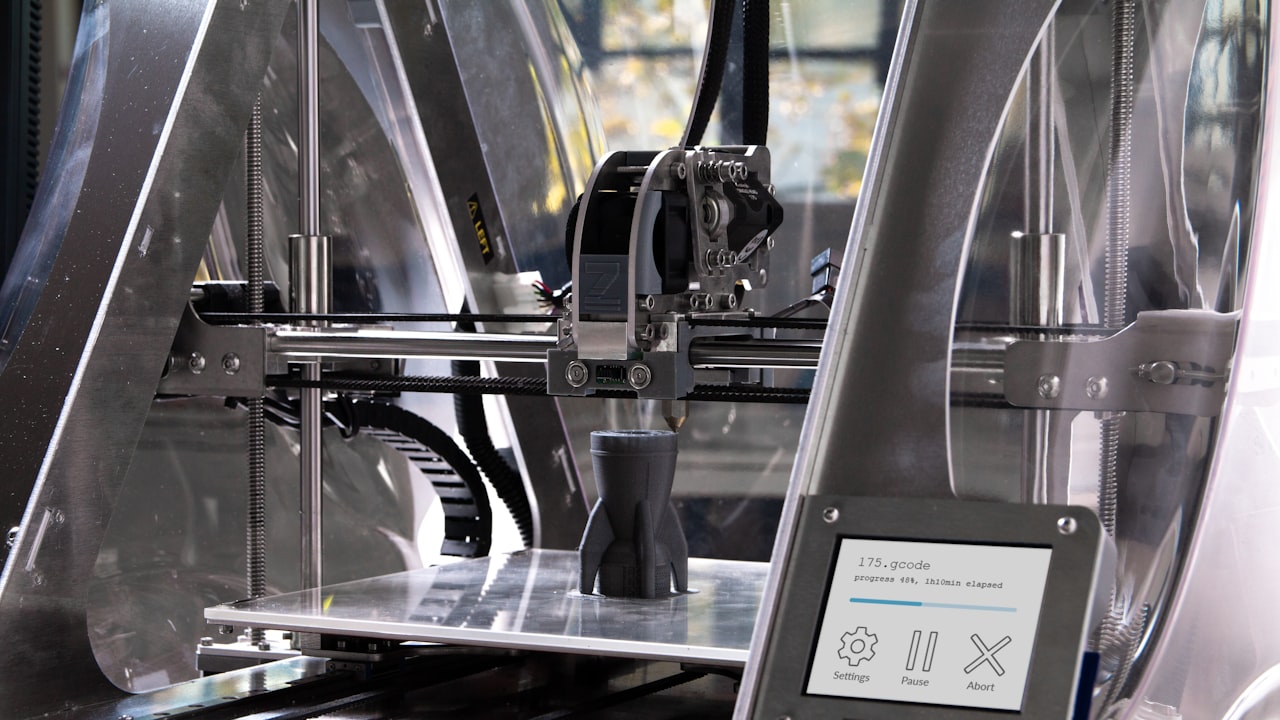Title: “Revolutionizing Pharmaceutical Production: The Role of Pharmaceutical Machinery”
In the dynamic realm of pharmaceutical manufacturing, the utilization of state-of-the-art pharmaceutical machinery has emerged as a pivotal factor in driving efficiency, ensuring quality, and meeting the escalating demands of the global market. The integration of advanced technologies into the production process has not only revolutionized the methodology of pharmaceutical creation but has also paved the way for increased innovation and sustainability within the industry.
A critical component of pharmaceutical machinery that addresses the need for accuracy and uniformity in medication production is the table press machine. These machines, such as the TDP and THDP models, are instrumental in the efficient compression of powders into tablets. By automating this process, table press machines minimize human error and variability, resulting in consistent and standardized tablet production. The precise control over tablet weight, hardness, and composition achieved through these machines ensures that pharmaceutical companies can deliver high-quality medications to patients.
In parallel, capsule filling machines play a crucial role in pharmaceutical production by automating the encapsulation process. These machines, equipped with advanced features for filling and sealing capsules, offer a fast and reliable method for encapsulating powders, granules, or liquids. By leveraging capsule filling machines, pharmaceutical manufacturers can streamline the production of capsules, ensuring accurate dosing and reducing the risk of cross-contamination. The integration of these machines into the manufacturing process enhances operational efficiency and allows for the rapid production of a wide range of medications.
Moreover, pharmaceutical machinery facilitates the scalability of production to meet the increasing demand for pharmaceuticals. The automated nature of these machines enables manufacturers to ramp up production volume without compromising on product quality. By optimizing manufacturing processes and reducing production time, pharmaceutical companies can respond swiftly to market demands, especially during times of heightened urgency such as global health crises.
Furthermore, the technological advancements in pharmaceutical machinery have paved the way for innovation within the industry. The incorporation of features like artificial intelligence and data analytics enhances process optimization and quality control. Real-time monitoring systems integrated with smart machinery enable continuous improvement in production processes and swift identification of potential issues, thereby driving innovation and ensuring the development of safe and effective medications.
Additionally, pharmaceutical machinery plays a significant role in promoting sustainability within pharmaceutical manufacturing. By optimizing resource utilization and reducing waste, these machines contribute to environmental conservation. Closed-loop systems and recycling technologies implemented in pharmaceutical machinery support the recycling and reuse of materials, aligning with eco-friendly practices and fostering a circular economy approach in the industry.
In conclusion, the transformative impact of pharmaceutical machinery on production processes underscores its critical role in driving efficiency, ensuring quality, and fostering innovation within the pharmaceutical industry. The integration of advanced technologies such as table press machines, capsule filling machines, TDP, and THDP models has revolutionized pharmaceutical manufacturing, allowing companies to meet market demands effectively while upholding high standards of quality. As the industry continues to evolve, the role of pharmaceutical machinery will remain essential in shaping the future of pharmaceutical production and ultimately benefiting patients worldwide.

 Title: “Revolutionizing Pharmaceutical Production: The Role of Pharmaceutical Machinery”
Title: “Revolutionizing Pharmaceutical Production: The Role of Pharmaceutical Machinery”



